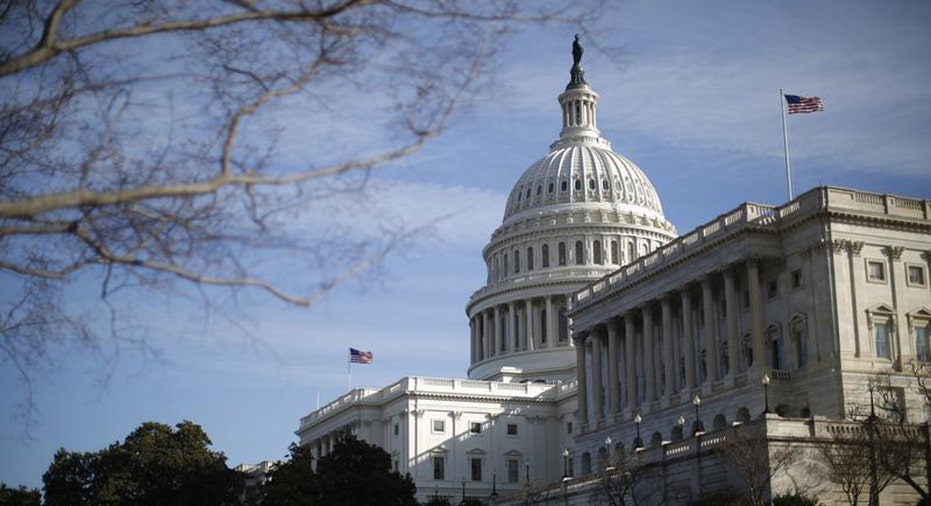US rule on class-action suits against banks under fire in Congress

Republicans in the U.S. Congress are moving quickly to try to eliminate a new regulation that bars financial firms from forcing consumers into arbitration to settle disputes that otherwise may turn into class-action lawsuits.
Top lawmakers in both the House and Senate introduced bills on Thursday to repeal the rule, finalized this week by the Consumer Financial Protection Bureau (CFPB).
The regulation bars financial companies from including language in their contracts that bans class-action lawsuits by consumers. Republicans long critical of the CFPB argued it amounts to an unfair and overly broad intrusion into business practices that ultimately hurts consumers.
"This bad rule must be reversed," said House Financial Services Committee Chairman Jeb Hensarling.
Senate Banking Committee Chairman Mike Crapo said he was offering a companion measure in that chamber. The joint effort suggests Republicans will try to move quickly to scrap the rule, formally published on Tuesday.
Both the House and Senate bills are backed by nearly every Republican member of committees with jurisdiction, and Hensarling said the bill will receive quick consideration in the House. The path is less clear in the Senate, where Republicans hold a slim majority and lawmakers are currently consumed over healthcare legislation.
The banking industry quickly threw its support behind the initiative, eager to see the rule struck down.
If class actions are allowed, "the only winners will be trial lawyers. We think our customers deserve better, and we urge lawmakers in both chambers of Congress to overturn this anti-consumer rule as soon as possible," said Rob Nichols, president and CEO of the American Bankers Association.
But consumer advocates argued that the rule was a critical protection to ensure people have access to every avenue to challenge bank wrongdoing.
"Without class-action lawsuits to keep things fair, corporate bad actors will get off scott-free when harming their customers," said Lisa Gilbert, vice president of legislative affairs for the consumer advocacy group Public Citizen.
"It is outrageous that Republicans are trying to nullify the rule to the detriment of consumers," said Representative Maxine Waters, the top Democrat on Hensarling's committee.
Republicans are attempting to repeal the rule through the Congressional Review Act that allows a new regulation to be eliminated with a simple majority in both chambers.
Republicans who control both the House and Senate have already eliminated several of former President Barack Obama's late-term regulatory initiatives, using the law.
The maneuver also suggests Republicans may be quick to reverse other new CFPB rules as long as its director, Richard Cordray, an Obama appointee, remains in place.
"We will act judiciously, we will act expeditiously, to protect consumers from the Consumer Financial Protection Bureau," said Hensarling.
Cordray's term does not expire until July 2018, and while some congressional Republicans have called on Trump to remove him, the White House has yet to act.



















